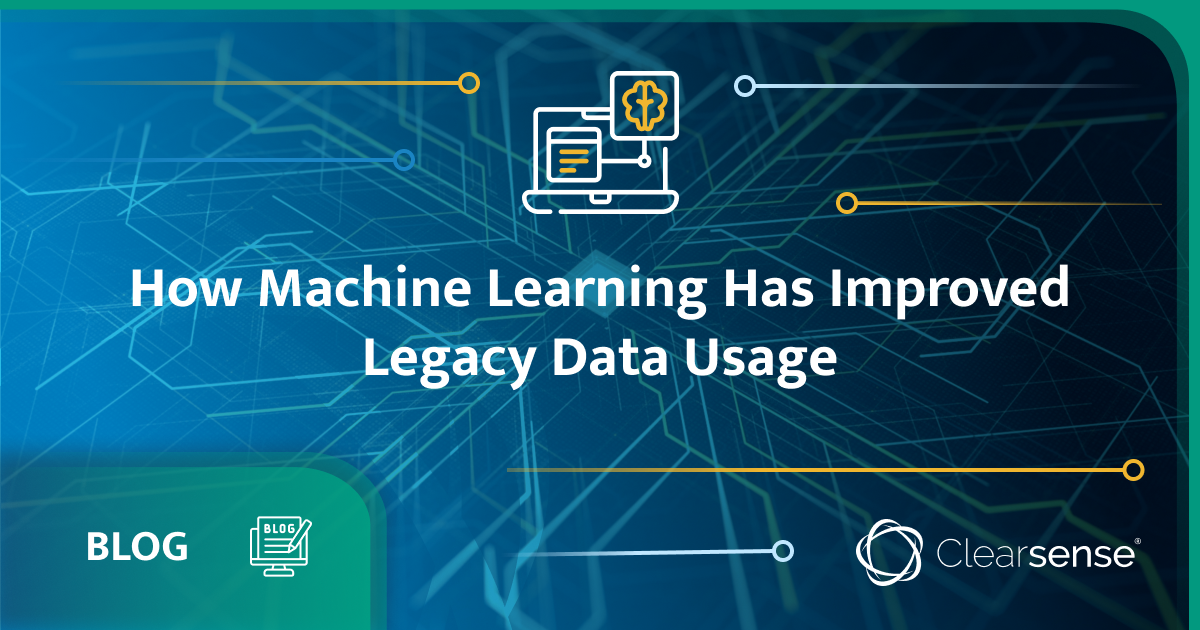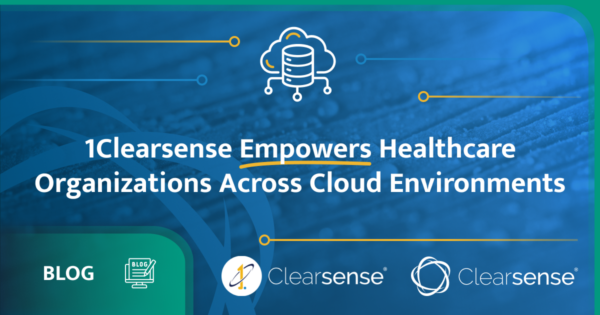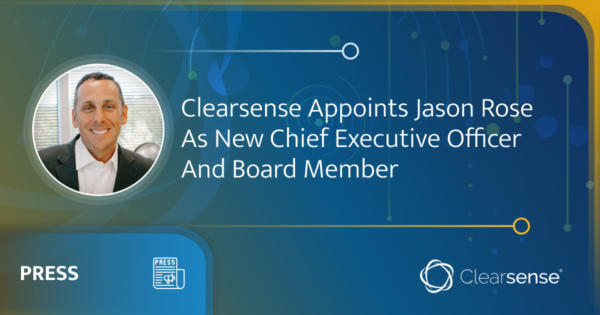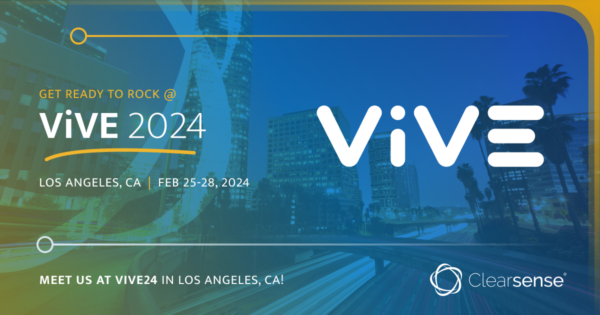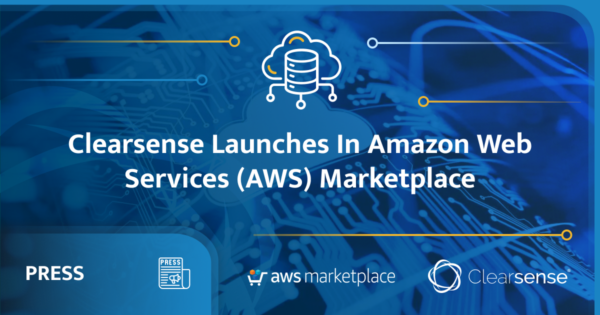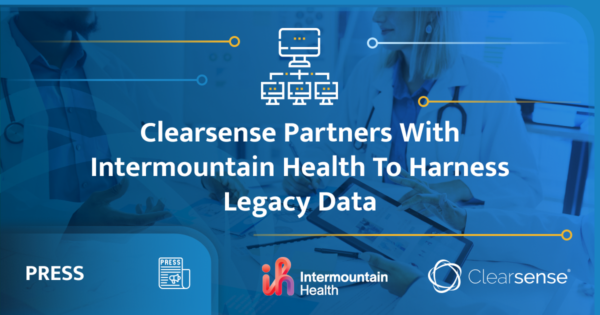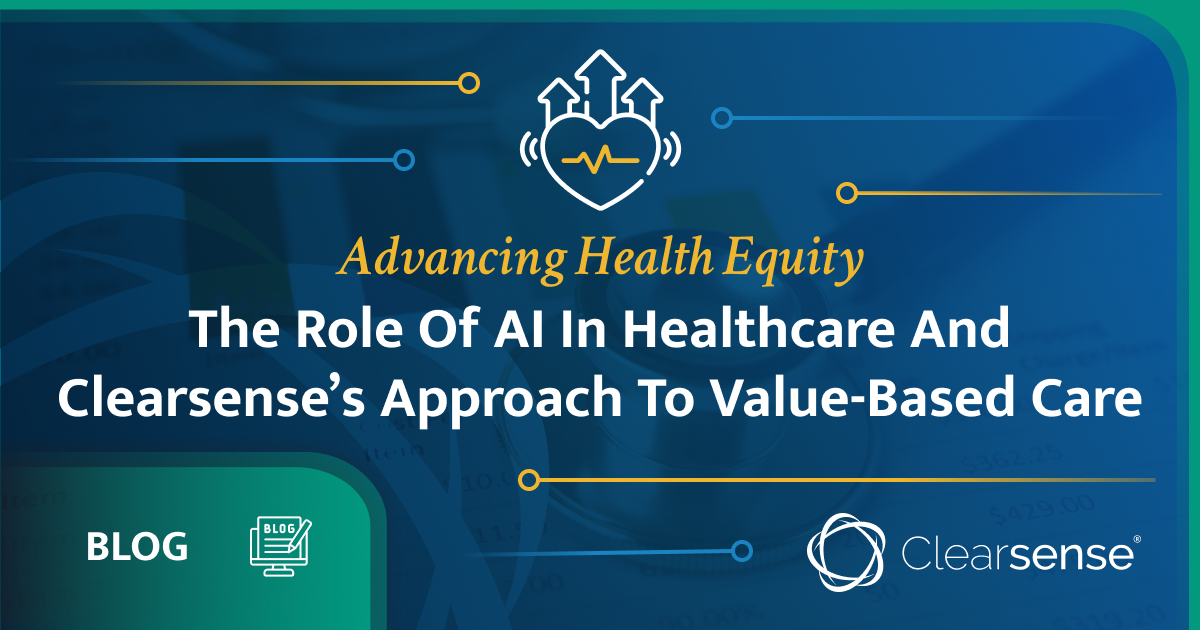
As AI in healthcare continues to evolve, it becomes crucial to consider the intersection of healthcare technology with health equity. A recent global health equity data report by Omnicom PR Group (OPRG) sheds light on the state of healthcare systems, trust, and discrimination in diverse communities. This article synthesizes key insights from the OPRG report, merging them with our understanding of AI in healthcare, and examines the pivotal role of AI in achieving health equity.

The OPRG report, titled “The Intersection of Health Equity in Communities & Business Strategy: A Call-to-Action,” offers a comprehensive analysis of healthcare experiences in the U.S., U.K., Germany, and Spain. The report is based on a survey of 6,000 individuals and focuses on discrimination, trust in healthcare systems, digital technology’s role, community engagement, and emotional intelligence in health education. It unveiled some astounding statistics, like:
- A staggering 62% of all respondents reported explicit discrimination when seeking healthcare, and 77% expressed a lack of trust in health systems.
- The U.S. led in experiences of discrimination in healthcare, with U.S. respondents reporting discrimination 13% more than Germany and up to 43% more than the United Kingdom. Spain had the highest percentage (84%) of respondents lacking trust in the healthcare system.
At Clearsense, we believe the use of AI and data analytics is instrumental in achieving value-based care, which focuses on improving health outcomes for populations. Clearsense’s approach to aggregating data from various sources and providing user-friendly technology facilitates the effective use of data for planning, prioritization, and resource allocation. By incorporating social determinants data and making data easily accessible, Clearsense empowers healthcare organizations to make informed, data-driven decisions that can positively impact the health of populations—while keeping equity as a focus.
Recommended Content
>> One of the largest non-profit healthcare systems with over 50,000 employees in the United States wanted to streamline the way its employees and clinical staff researched and analyzed patient data.
Our ability to enable data insights and exploration across multiple organizations aligns with the importance of bridging healthcare disparities, as highlighted in the health equity discussion. It offers a means to address disparities, prioritize resources effectively, and identify targeted clinical populations of interest, irrespective of one’s technical background.
By capturing, annotating, and sharing critical findings, Clearsense promotes expedited decision-making, which is essential in value-based care. The integration of technology like Clearsense with value-based care principles not only enhances healthcare outcomes but also addresses health equity concerns by improving access and quality of care for all populations.

